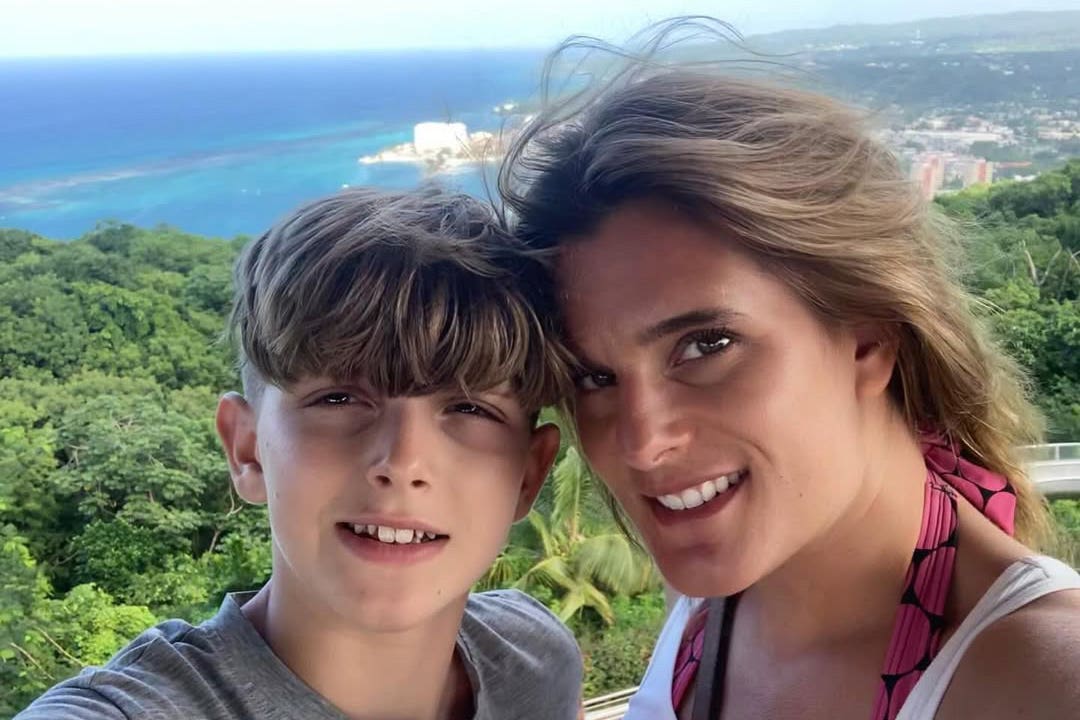Data from four TikTok accounts at the centre of a wrongful death lawsuit may have been deleted, according to an executive from the company.
The families of four British children — Archie Battersbee, Isaac Kenevan, Julian Sweeney (known as Jools) and Maia Walsh — believe the young people died after attempting the “blackout challenge” on the platform.
They are now suing TikTok and its parent firm ByteDance in the United States in a bid to make the company release the data from their children’s accounts.
They want access to the data to get answers about their children’s deaths, they said.
But Giles Dennington, senior government relations manager at TikTok, told BBC Radio 5 Live that “there are some things we simply don’t have”.
After the lawsuit against TikTok was filed last week, Ellen Roome, mother of 14-year-old Jools, told the PA news agency that she had been trying to obtain her son’s data from TikTok as it was “the only piece that we haven’t looked at”.
Ms Roome said she had been “shocked” to learn that she “wasn’t entitled” to Jools’ data, and was told by TikTok that a court order was required to release it.
She is now campaigning for legislation to grant parents access to their children’s social media accounts if they die.
She told PA that it had been “horrendously difficult” to “not understand why” her son had died.

Asked why parents in these cases had not been able to access data, Mr Dennington said: “This is really complicated stuff because it relates to the legal requirements around when we remove data and we have, under data protection laws, requirements to remove data quite quickly. That impacts on what we can do.”
He added that data protection requirements to remove data “can impact on what is available” and that “everyone expects that when we are required by law to delete some data, we will have deleted it”.
He said: “So this is a more complicated situation than us just having something we’re not giving access to.
“Obviously it’s really important that case plays out as it should and that people get as many answers as are available.”
He said the social media firm has “had conversations with some of those parents already to try and help them in that”.
The lawsuit filed on behalf of the parents accuses TikTok of pushing dangerous prank and challenge videos to children to boost engagement time on the platform.
According to TikTok, it does not allow content showing or promoting dangerous activity or challenges, and it proactively finds 99 per cent of content which is removed for breaking these rules before it is reported to the firm.
Mr Dennington said the so-called “blackout challenge” pre-dated TikTok and the firm has “never found any evidence that the blackout challenge has been trending on the platform”.
“Indeed since 2020 (we) have completely banned even being able to search for the words ‘blackout challenge’ or variants of it, to try and make sure that no-one is coming across that kind of content,” he said.
“We don’t want anything like that on the platform and we know users don’t want it either.”
He added: “This is a really, really tragic situation but we are trying to make sure that we are constantly doing everything we can to make sure that people are safe on TikTok.”

